Tuesday sees Minister for Finance Paschal Donohoe present his first budget to the Dáil – some speculate that it may be the last before a general election. But will there be any goodies for farmers?
What the IFA wants
The low-interest loan scheme introduced in last year’s budget was a massive success. A €150m fund was created by leveraging the €11m crisis fund, matching it with Government funds, and throwing in an extra €4m for tillage farmers. The money came on stream through the pillar banks (AIB, Ulster Bank, Bank of Ireland) in March at 2.95% interest and was quickly snapped up. The IFA wants a second €500m fund set up.
What is likely
This was such a winner that a repeat is a no-brainer for Minister for Agriculture Michael Creed. Half a billion is probably out of reach – it would require nearly €85m to fund. Expect to see last year’s fund more or less doubled to €250m to €300m. There will also likely be some adjustments to the scheme – there were criticisms that the repayment periods were too short and that the qualifying criteria were restrictive.
What the IFA wants
One issue scheduled for Budget 2018 is the restoration of equality of allowances by bringing the earned income tax credit for self-employed up to that of the €1,650 PAYE tax credit. Created two years ago, the allowance has grown from €550 to €950 last year. The remaining €600 gap is due to be filled this year.
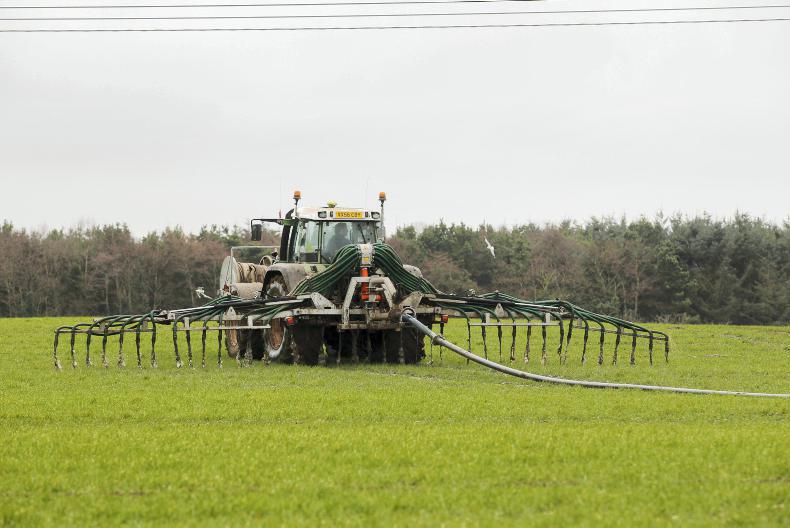
What is likely
The word emanating from Leinster House is that the gap will be narrowed but not closed. The cost of other measures, particularly the Fair Deal Scheme, is being cited as the reason. It could be that €300 will added to the allowance, bringing it to €1,250. If that happens, expect to hear Paschal Donohoe pledge to close the gap next year if this Government presents another budget before the next general election.
What the IFA wants
The Mercosur offer by the EU saw farmers on the streets on Wednesday.
Add in the ongoing fears around Brexit and the yawning gap between dairy and drystock incomes, and the argument in favour of support for the sector becomes compelling. The IFA wants a €25m increase in the BDGP scheme.
What is likely
Some payment increase is entirely possible.
Areas of Natural Constraint (ANC)
What the IFA wants
The ANC payment cuts of 2008 have been due for reversal. The IFA wants full restoration of previous payment levels. It is a Government commitment and would cost €25m.
What is likely
The vast majority of Irish farmers are in disadvantaged areas. Money would be widely spread. Expect delivery.
What the IFA wants
The Renewable Heat Incentive (RHI) scheme is expected to kick-start the bioenergy sector in Ireland with a subsidy for heat generated from biomass or biogas. “Hopefully we will have an RHI application process in 2018,” said Teagasc energy specialist Barry Caslin at a biogas workshop this Tuesday.
Director of KPMG corporate finance Russell Smyth added that investors expect a 9% to 12% return from biomass and biogas projects because they are seen as less proven and more risky than other sectors, such as wind or solar. “If the RHI doesn’t support these returns, it’s going to be very difficult to attract the funding,” he said.
What is likely
Recent RHI discussions between Government and industry revolved around €1.4bn in funding over 15 years, or €90m per year.
The payments will go to industrial users of heat, such as schools, factories and maybe pig and poultry farmers, trickling down to primary producers of biofuels. The details of the scheme are expected later this year.
What the IFA wants
The Programme for Government promised to “remove discrimination against small business and family farms under the Fair Deal Nursing Home Scheme”.
Farming organisations have long advocated for the existing indefinite 7.5% annual charge to the value of a farm to be reduced in an effort to protect the farm for the next generation.
At the moment, a three-year cap protects the family home only, and the farms of those nursing home residents who suffered a recognised sudden illness.
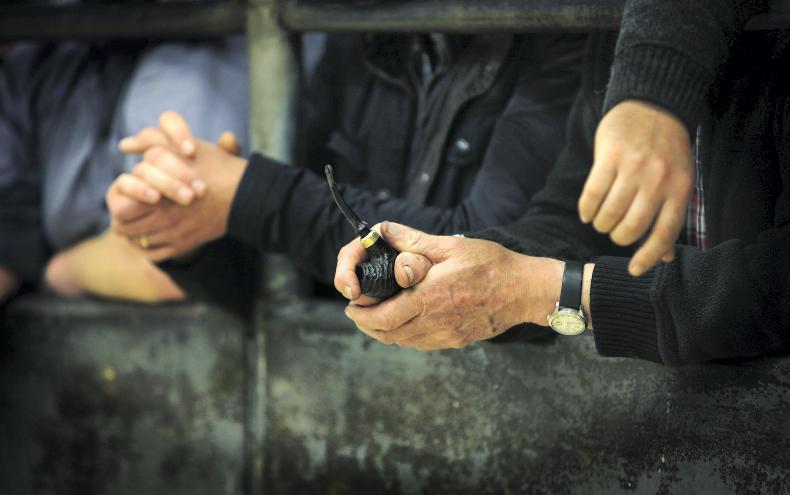
What is likely
A spokesperson for Minister of State for Mental Health and Older People Jim Daly has stated that “proposals around extending the three-year cap to farm and business assets” are under discussion, but not yet confirmed.
A person living in a nursing home for six years while owning a €500,000 farm currently incurs €225,000 in farm-related care costs; the proposal would cut this by half to €112,500. Once budget funding is secured, legislative change will take several months to update the rules of the scheme.
Read more
New low-interest loans likely
Budget a chance for Government to recognise opportunities and challenges
Tuesday sees Minister for Finance Paschal Donohoe present his first budget to the Dáil – some speculate that it may be the last before a general election. But will there be any goodies for farmers?
What the IFA wants
The low-interest loan scheme introduced in last year’s budget was a massive success. A €150m fund was created by leveraging the €11m crisis fund, matching it with Government funds, and throwing in an extra €4m for tillage farmers. The money came on stream through the pillar banks (AIB, Ulster Bank, Bank of Ireland) in March at 2.95% interest and was quickly snapped up. The IFA wants a second €500m fund set up.
What is likely
This was such a winner that a repeat is a no-brainer for Minister for Agriculture Michael Creed. Half a billion is probably out of reach – it would require nearly €85m to fund. Expect to see last year’s fund more or less doubled to €250m to €300m. There will also likely be some adjustments to the scheme – there were criticisms that the repayment periods were too short and that the qualifying criteria were restrictive.
What the IFA wants
One issue scheduled for Budget 2018 is the restoration of equality of allowances by bringing the earned income tax credit for self-employed up to that of the €1,650 PAYE tax credit. Created two years ago, the allowance has grown from €550 to €950 last year. The remaining €600 gap is due to be filled this year.

What is likely
The word emanating from Leinster House is that the gap will be narrowed but not closed. The cost of other measures, particularly the Fair Deal Scheme, is being cited as the reason. It could be that €300 will added to the allowance, bringing it to €1,250. If that happens, expect to hear Paschal Donohoe pledge to close the gap next year if this Government presents another budget before the next general election.
What the IFA wants
The Mercosur offer by the EU saw farmers on the streets on Wednesday.
Add in the ongoing fears around Brexit and the yawning gap between dairy and drystock incomes, and the argument in favour of support for the sector becomes compelling. The IFA wants a €25m increase in the BDGP scheme.
What is likely
Some payment increase is entirely possible.
Areas of Natural Constraint (ANC)
What the IFA wants
The ANC payment cuts of 2008 have been due for reversal. The IFA wants full restoration of previous payment levels. It is a Government commitment and would cost €25m.
What is likely
The vast majority of Irish farmers are in disadvantaged areas. Money would be widely spread. Expect delivery.
What the IFA wants
The Renewable Heat Incentive (RHI) scheme is expected to kick-start the bioenergy sector in Ireland with a subsidy for heat generated from biomass or biogas. “Hopefully we will have an RHI application process in 2018,” said Teagasc energy specialist Barry Caslin at a biogas workshop this Tuesday.
Director of KPMG corporate finance Russell Smyth added that investors expect a 9% to 12% return from biomass and biogas projects because they are seen as less proven and more risky than other sectors, such as wind or solar. “If the RHI doesn’t support these returns, it’s going to be very difficult to attract the funding,” he said.
What is likely
Recent RHI discussions between Government and industry revolved around €1.4bn in funding over 15 years, or €90m per year.
The payments will go to industrial users of heat, such as schools, factories and maybe pig and poultry farmers, trickling down to primary producers of biofuels. The details of the scheme are expected later this year.
What the IFA wants
The Programme for Government promised to “remove discrimination against small business and family farms under the Fair Deal Nursing Home Scheme”.
Farming organisations have long advocated for the existing indefinite 7.5% annual charge to the value of a farm to be reduced in an effort to protect the farm for the next generation.
At the moment, a three-year cap protects the family home only, and the farms of those nursing home residents who suffered a recognised sudden illness.

What is likely
A spokesperson for Minister of State for Mental Health and Older People Jim Daly has stated that “proposals around extending the three-year cap to farm and business assets” are under discussion, but not yet confirmed.
A person living in a nursing home for six years while owning a €500,000 farm currently incurs €225,000 in farm-related care costs; the proposal would cut this by half to €112,500. Once budget funding is secured, legislative change will take several months to update the rules of the scheme.
Read more
New low-interest loans likely
Budget a chance for Government to recognise opportunities and challenges







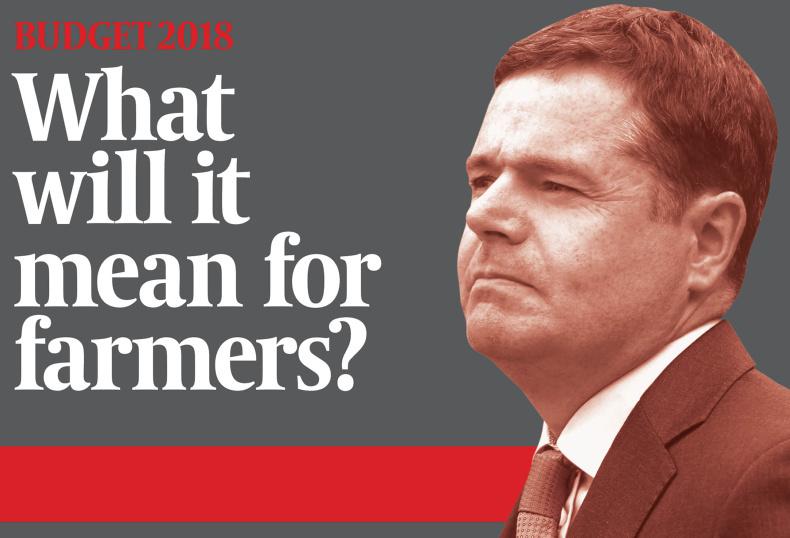


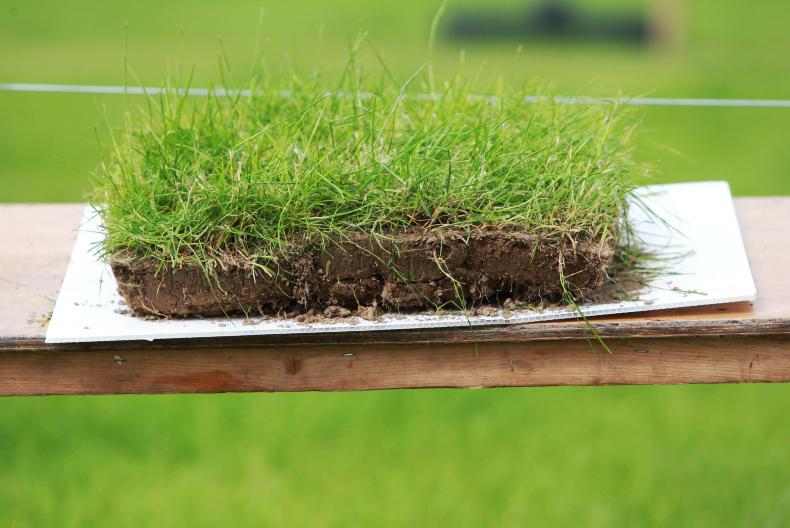
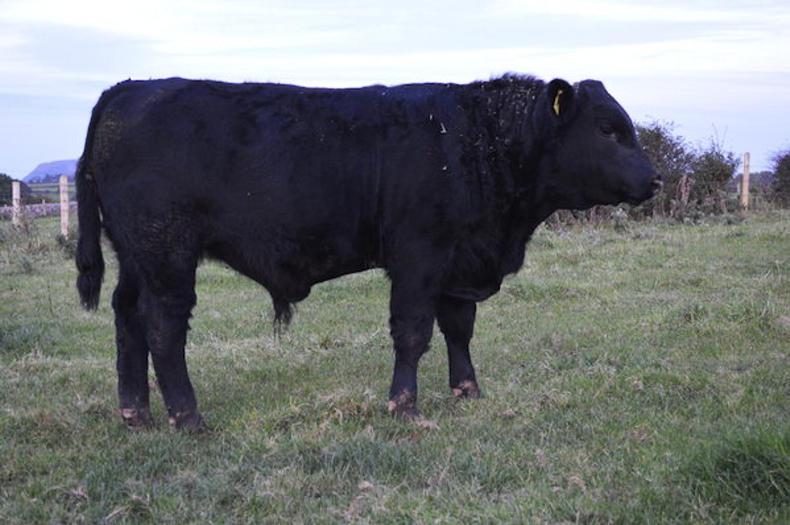

SHARING OPTIONS